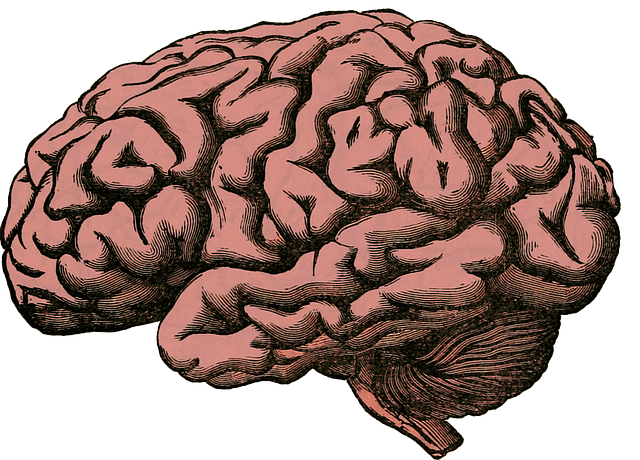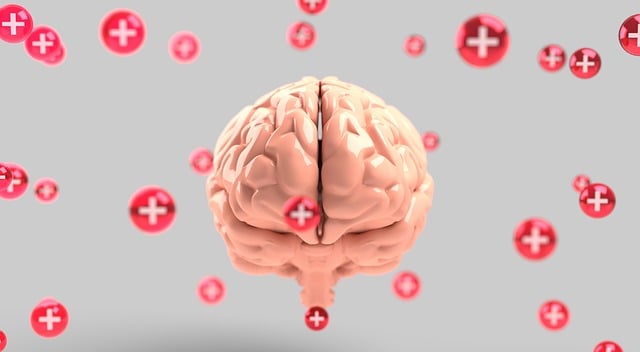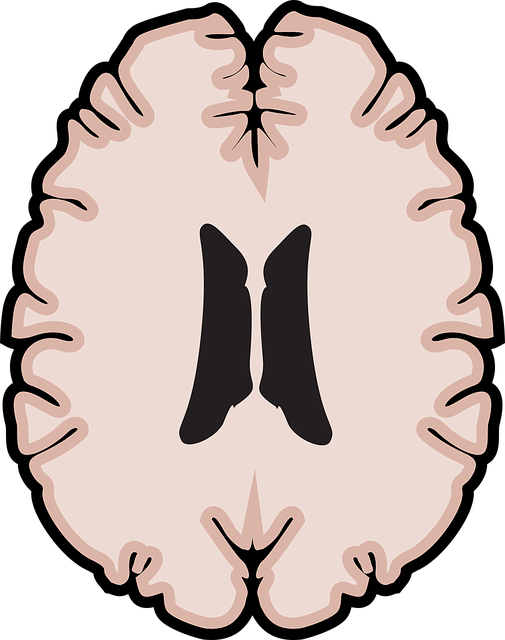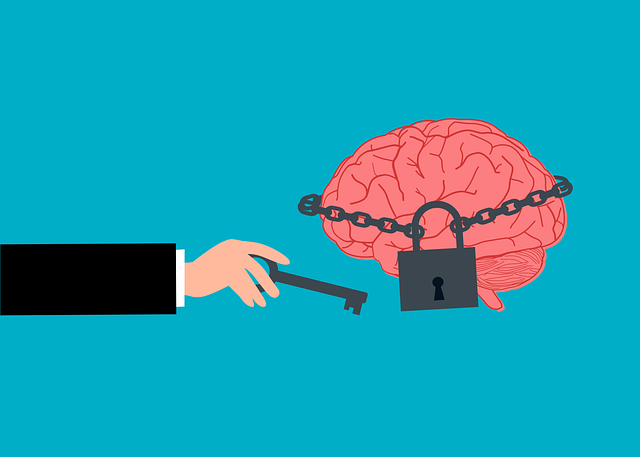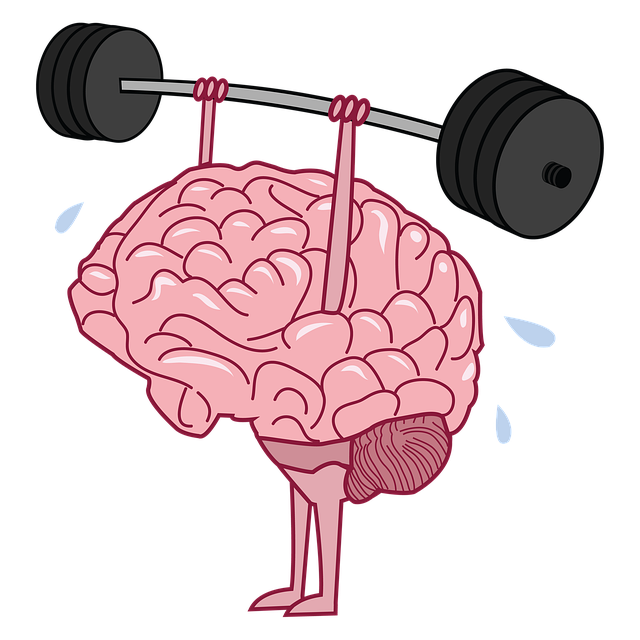Boulder Cognitive Processing Therapy (BCPT) is an effective evidence-based approach to enhance mental wellness in group settings. By focusing on negative thought patterns and encouraging positive mindset shifts, BCPT combined with Compassion Cultivation Practices (CCP) creates supportive environments for stress management and resilience building. Through structured self-reflection, journaling exercises, open discussions, mindfulness activities, and active listening, facilitators empower participants to develop healthier coping strategies, fostering community, trust, and overall improved well-being.
Mental wellness group facilitation is a powerful tool for enhancing cognitive processing and overall well-being. This article explores effective techniques, with a particular focus on Boulder Cognitive Processing Therapy (BCPT), a therapeutic approach that promotes positive change through structured group interactions. We’ll delve into creating safe spaces, facilitating open dialogue, and measuring mental health improvements in group settings. By understanding BCPT principles and implementing key strategies, facilitators can foster meaningful support networks, revolutionizing mental wellness care.
- Understanding Boulder Cognitive Processing Therapy (BCPT)
- Key Techniques for Group Facilitation
- Creating a Safe and Supportive Environment
- Measuring and Enhancing Mental Wellness Through Groups
Understanding Boulder Cognitive Processing Therapy (BCPT)

Boulder Cognitive Processing Therapy (BCPT) is a highly effective therapeutic approach designed to help individuals process and overcome traumatic or stressful events. This therapy technique is rooted in cognitive behavioral therapy, focusing on identifying and modifying negative thought patterns and behaviors associated with past traumas or challenging life experiences. BCPT facilitates personal growth by encouraging clients to explore their thoughts, emotions, and behaviors, ultimately leading to improved mental wellness.
The therapeutic process involves a structured yet tailored approach to address specific issues. Facilitators guide participants through a journey of self-reflection, helping them understand the connection between their thoughts, feelings, and actions. By recognizing unhelpful cognitive distortions, individuals gain insights into their responses to stress or crises, enabling them to develop healthier coping mechanisms. This technique is particularly valuable for crisis intervention guidance and burnout prevention, empowering people to manage challenging situations effectively while fostering self-care routine development for better mental health.
Key Techniques for Group Facilitation

In facilitating mental wellness groups, a mix of evidence-based techniques like Boulder Cognitive Processing Therapy (BCPT) can significantly enhance participant outcomes. BCPT, for instance, encourages individuals to identify and challenge negative thought patterns, fostering a more positive and functional mindset. This cognitive approach is integrated into group discussions, enabling members to share their experiences, gain different perspectives, and support one another through problem-solving.
Effective facilitation also involves creating a safe, inclusive space where every voice is heard. Utilizing icebreakers, open-ended questions, and active listening techniques helps build trust and encourages active participation. Additionally, incorporating interactive activities, mindfulness exercises, or even a Mental Wellness Podcast Series Production can enhance engagement and promote self-reflection. Such diverse methods cater to different learning styles, ultimately enriching the group experience and reinforcing key concepts like those explored in Healthcare Provider Cultural Competency Training and Mental Health Policy Analysis and Advocacy.
Creating a Safe and Supportive Environment

Creating a safe and supportive environment is a cornerstone of effective mental wellness group facilitation. This begins with establishing ground rules that emphasize respect, confidentiality, and active listening. As a facilitator, it’s crucial to model these behaviors, ensuring every participant feels heard and valued. Techniques like using open-ended questions and reflective statements encourage dialogue and foster a sense of community.
Incorporating elements from Boulder Cognitive Processing Therapy (BCPT) can further enhance this environment. Encouraging journaling exercises as a way to process thoughts and emotions allows individuals to engage in self-reflection and improve mood management skills. Mental health education programs designed with a focus on cognitive reframing and positive affirmations can help participants challenge negative thought patterns and promote healing. This supportive setting is essential for building trust, encouraging vulnerability, and ultimately facilitating meaningful group dynamics.
Measuring and Enhancing Mental Wellness Through Groups

In a supportive group setting, facilitators can effectively measure and enhance mental wellness using techniques like Boulder Cognitive Processing Therapy (BCPT). BCPT focuses on identifying and modifying negative thought patterns, fostering positive thinking, and teaching effective coping strategies to manage stress. This therapeutic approach encourages individuals to share their experiences and learn from one another, creating a sense of belonging and compassion within the group.
Group dynamics also promote the integration of Compassion Cultivation Practices (CCP), where members cultivate self-compassion and empathy towards others. By combining BCPT with CCP, facilitators create an environment that not only addresses individual mental health challenges but also encourages positive social interactions. This holistic approach to stress management empowers group members to develop resilience, improve their overall well-being, and cultivate a more optimistic outlook on life.
Boulder Cognitive Processing Therapy (BCPT) offers a structured yet adaptable framework for group facilitation, focusing on enhancing mental wellness through cognitive reframing and emotional processing. By mastering key techniques, creating safe spaces, and measuring progress, facilitators can significantly impact individuals’ well-being in group settings. Incorporating BCPT principles enables facilitators to guide participants towards healthier thought patterns and improved coping strategies, fostering a supportive environment for profound mental wellness transformations.




